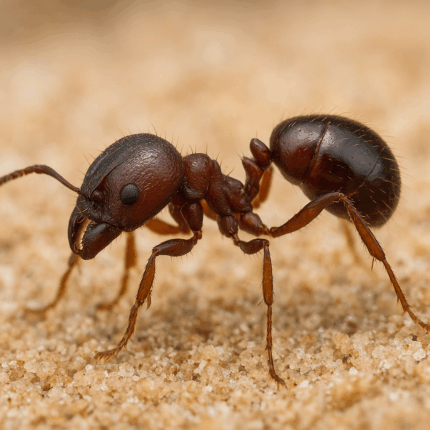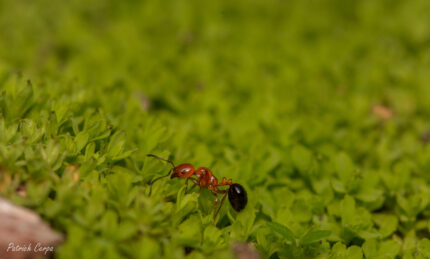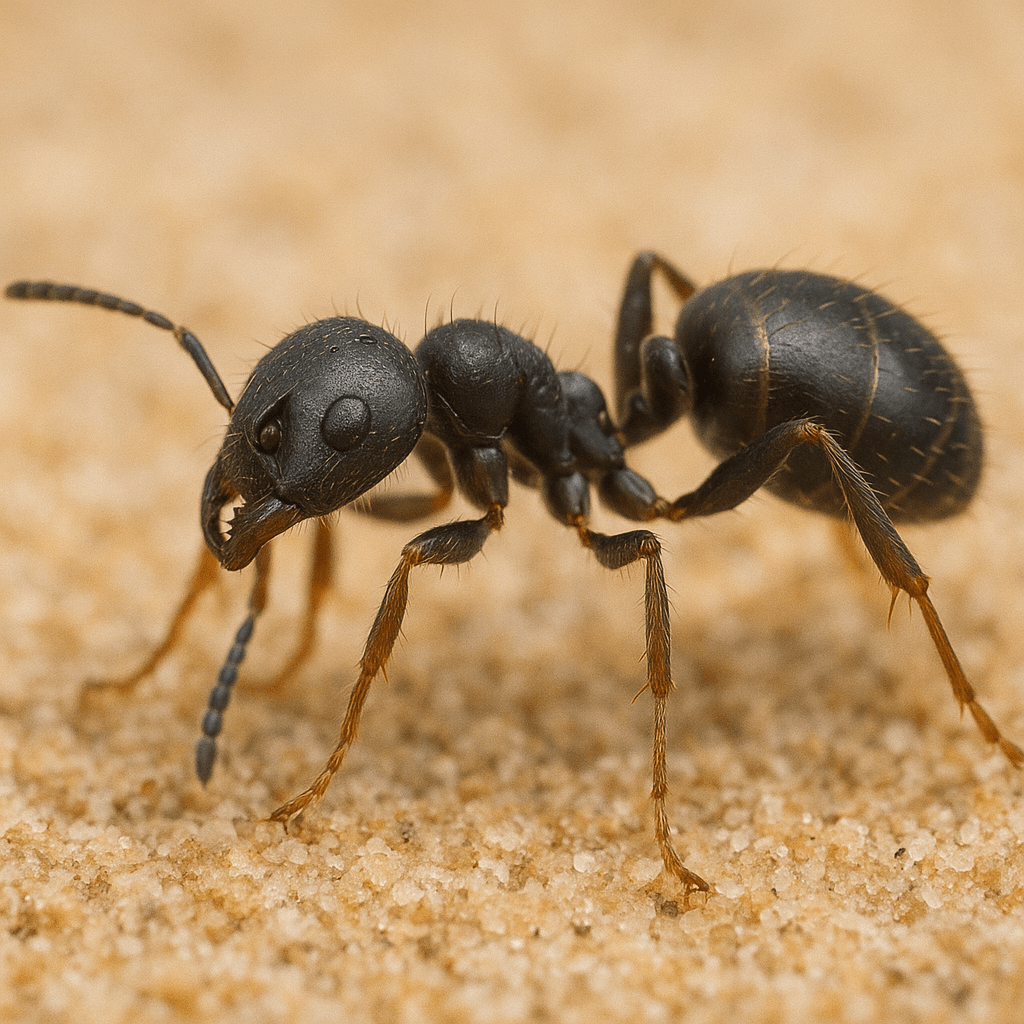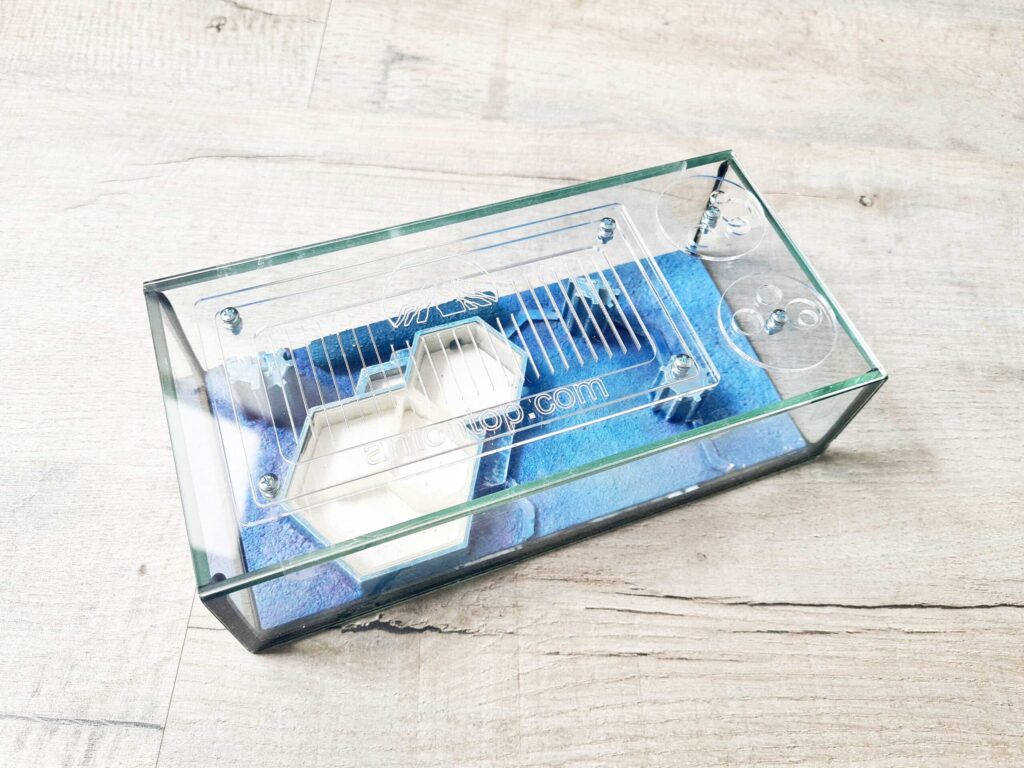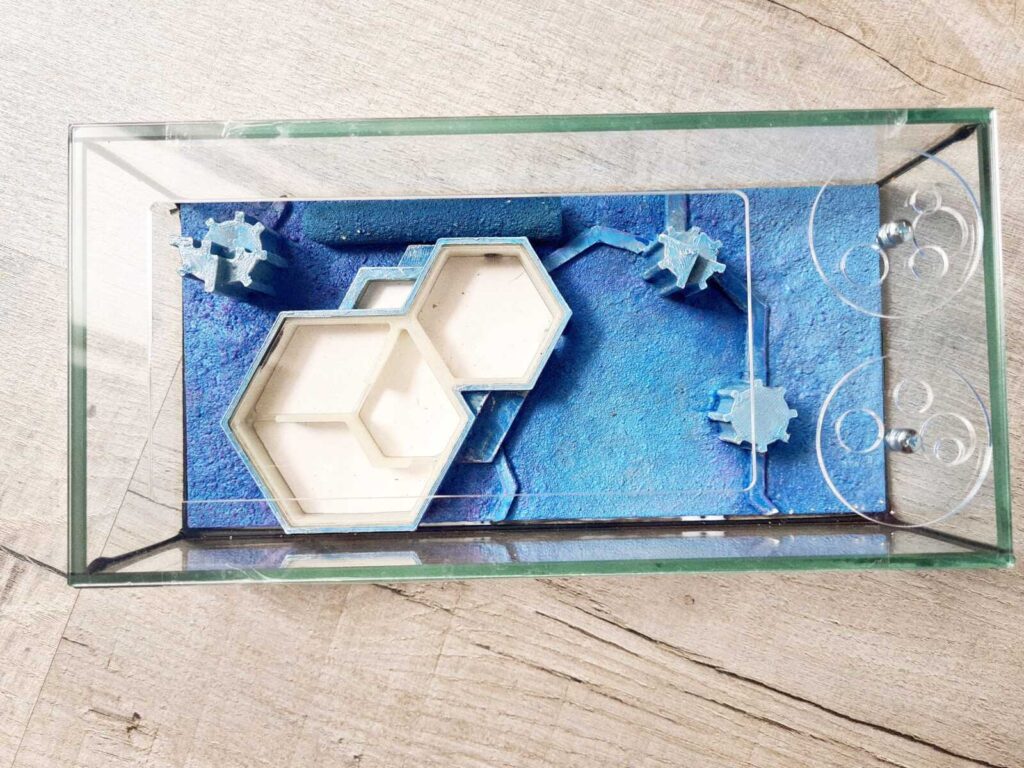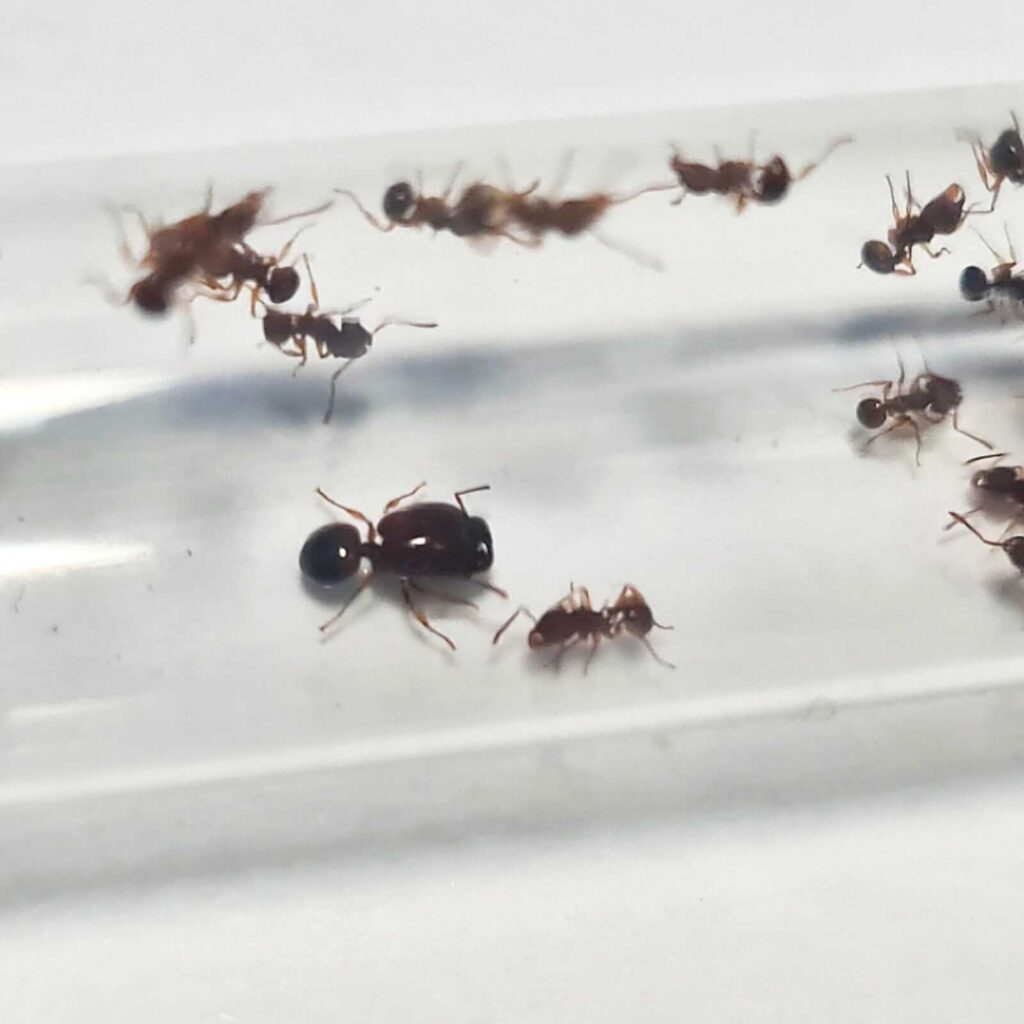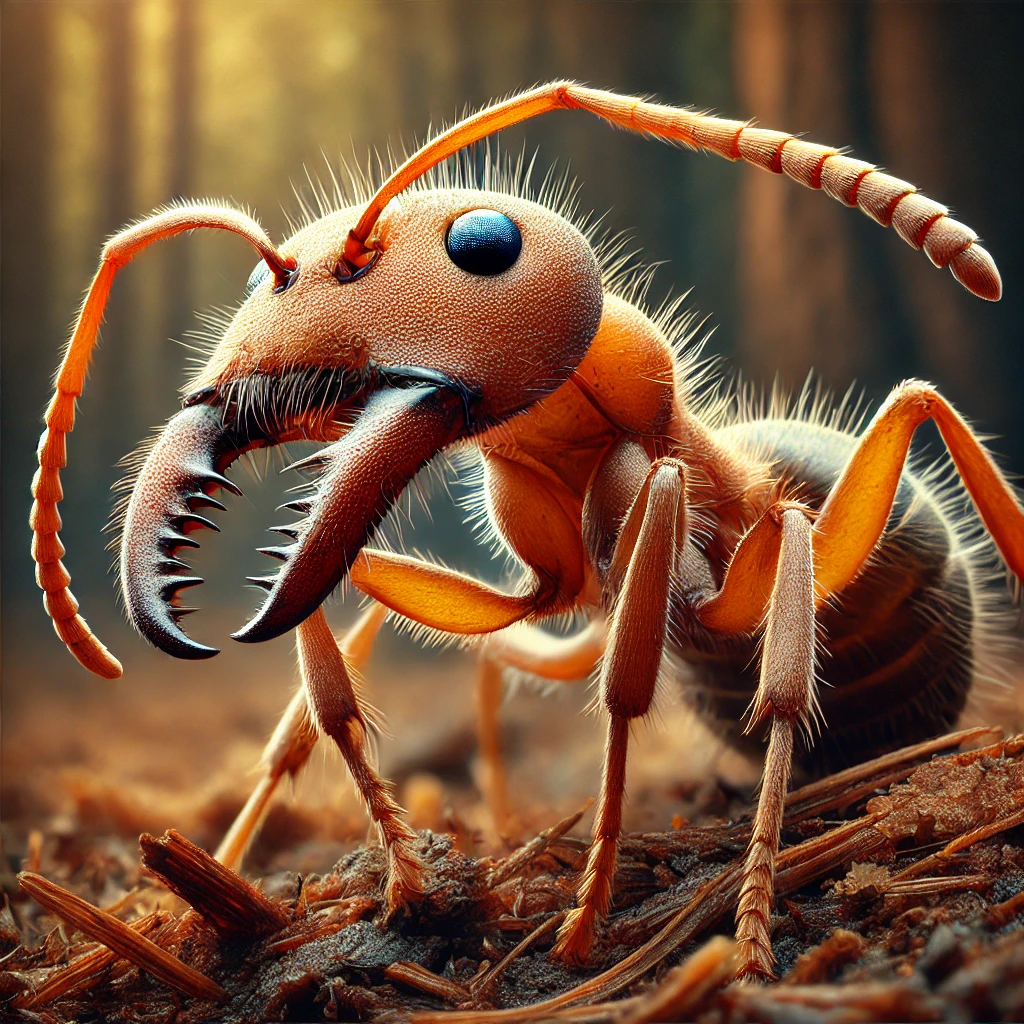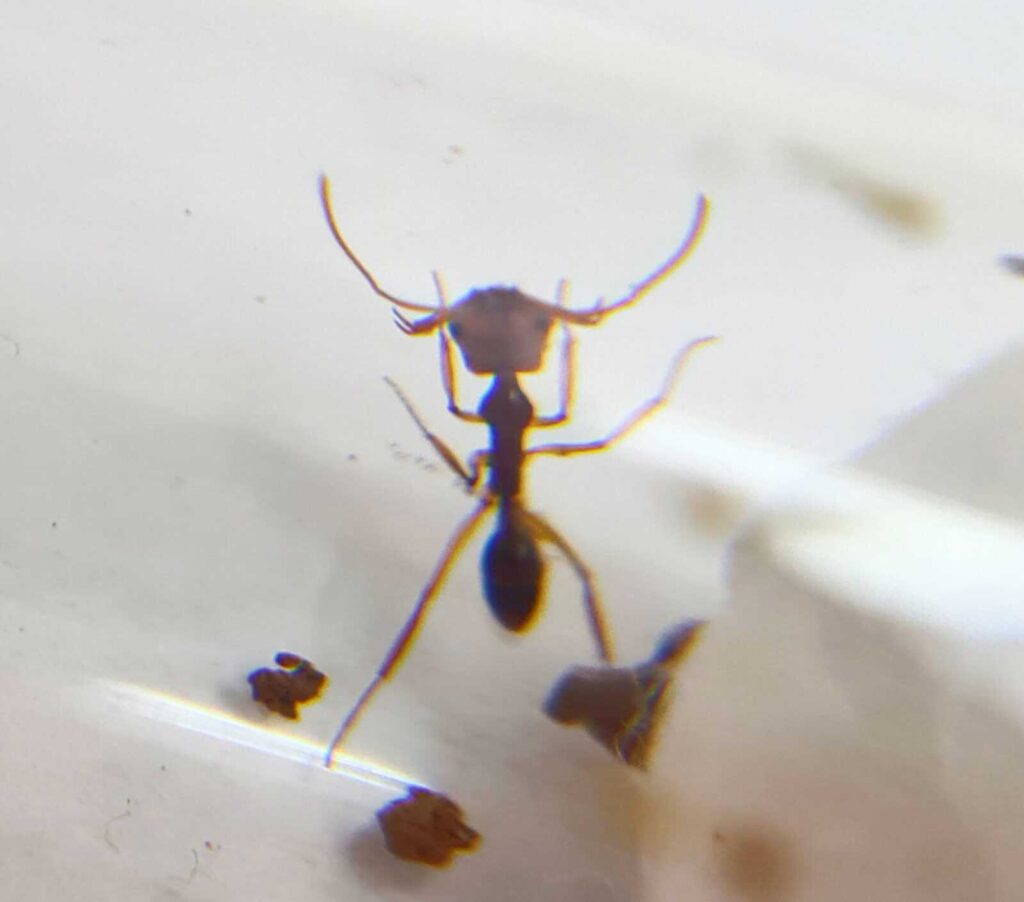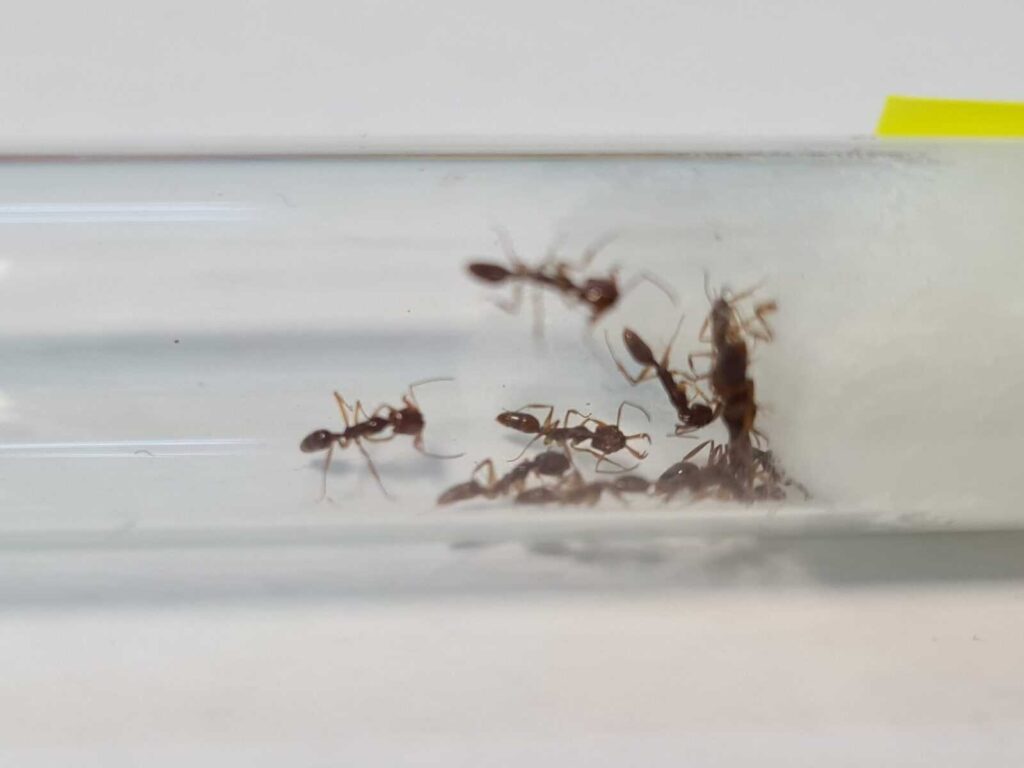Lasius alienus
39,90 zł
Worldwide shipping
Free delivery over 500 PLN
The highest quality of goods
Live delivery guarantee
24/7 Personal Support
Fair Prices
Description
Lasius alienus is a species of ant commonly found in Europe and parts of Asia. It typically nests in soil, often under stones or in grassy areas. These ants are small, dark brown to black, and are known for their cooperative colony behavior. Lasius alienus plays an important role in the ecosystem by aerating soil and preying on small insects.
Additional information
| Behavior | |
|---|---|
| Difficulty in breeding | |
| Origin | |
| The size of ants | |
| Wintering |
Lasius alienus
Colony Type: Monogyny (rarely polygyny)
Colony Size: Up to 5,000–7,000 workers
Development Speed: Medium
Size:
- Queen: 7–9 mm
- Workers: 3–5 mm
Diet:
- Insects: fruit flies, roaches, mealworms, small crickets
• Sugar sources: sugar syrup (4:1 water to honey or sugar), honey
• Soft fruits: apple, pear, grape
• Protein jelly (formicarium-safe)
• Tiny portions of cooked, unseasoned egg or fish
• Readily scavenges dead insects — clean up leftovers to prevent mold
💡 Lasius alienus are active surface foragers, unlike their cousin Lasius flavus. They respond quickly to protein and sugar sources, especially during warm periods. Maintain a balanced diet to support healthy brood development.
Optimal Conditions:
• Humidity: Arena: 40–60% | Nest: 50–70%
• Temperature: Arena: 20–28 °C | Nest: 22–26 °C
• Diapause recommended: 2–3 months at 5–8 °C during winter (improves longevity and brood cycles)
Species Overview:
Lasius alienus is a widely distributed Palearctic species, ranging across Europe, parts of North Africa, and western Asia. Often confused with Lasius niger, L. alienus tends to be slightly more slender and has a lighter brownish hue. It is especially common in dry grasslands and sandy habitats, where it nests under stones or in loose soil.
This species is visibly active, especially in warm conditions, with fast and coordinated foraging. Colonies are relatively easy to manage and grow at a moderate pace. Queens are hardy and long-lived, with colonies thriving for over a decade under proper care.
They adapt well to acrylic nests, test tube setups, or naturalistic terrariums. Their preference for drier soils makes them tolerant of slightly lower humidity compared to forest-dwelling Lasius species.
Summary:
Lasius alienus is a dynamic and adaptable European species, ideal for hobbyists who enjoy watching above-ground activity and structured colony behavior. Their moderate growth, ease of care, and distinct field-ant personality make them a satisfying choice for both beginners and intermediate keepers. They are an excellent bridge between subterranean species like L. flavus and more aggressive, faster-growing genera.


